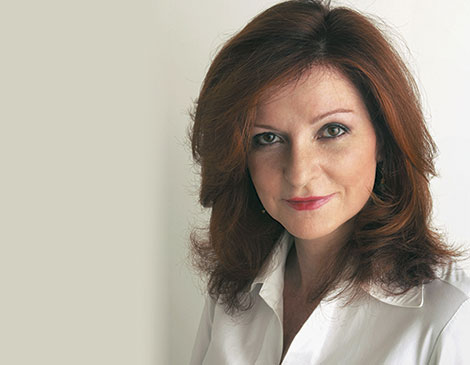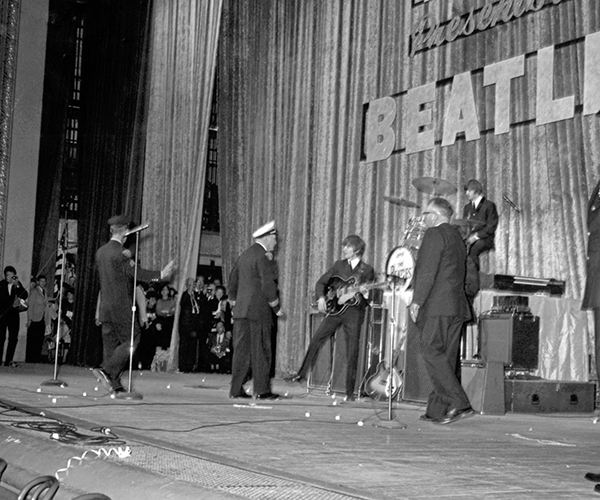While in Cleveland covering the 2016 Republican National Convention, Maureen Dowd couldn’t believe she was witnessing Donald Trump, a man she had interviewed for decades, accept the party’s nomination for president.
“From the moment he started heading to the nomination to today, everything has been surreal,” says The New York Times columnist. “There was a phase when you would think every new thing that happened could be fatal to him. Now, I say that Trump is the Rosemary’s Baby of social media and politics.”
The Pulitzer Prize winner chronicled the 2016 election in her 2016 book The Year of Voting Dangerously, covering the presidential campaign with incisive humor. As part of Cleveland State University’s AHA! Festival, Dowd returns to Cleveland June 8 for a conversation with Times colleague Carl Hulse at Playhouse Square’s Ohio Theatre. The veteran Washington observer talks with us about the media’s fascination with Trump, the #MeToo movement and revolutionizing presidential coverage.
Q: It’s been said the main reason for President Trump’s popularity is his constant coverage in the media. Is this accurate?
A: The whole globe is focused on one conversation now: Trump. The press and Trump are in this incredible mutual dependency. He is a selfie and the press is a selfie-stick. We are the most intimate relationship he has. In 1999, I asked him what on earth qualified him to be president. He said that he had the highest ratings on Larry King’s show. I call it “ego arithmetic.” He’s sort of like a heroin addict for attention — he’s overdosing on it and we’re overdosing on him.
Q: How has the #MeToo movement affected the culture?
A: Three years ago I did a New York Times Magazine piece about how the job numbers for women directors and cinematographers in Hollywood were so incredibly low. I compared Hollywood to Saudi Arabia. There had been a lot of Mad Men behavior going on in Hollywood at that time. I was once harassed by a man who had just hired me for a magazine job — I walked out of the hotel bar and literally screamed at the top of my lungs in the middle of the empty street. Trump and [Harvey] Weinstein have had this electric effect for feminism. Think of all the women who have gotten into the political movement because of them.
Q: In the 1990s, you began to humanize politicians, most namely presidents, in your writing. Why?
A: I kind of helped pioneer a genre of focusing on the president as a person. At the time, people said I was looking at things from an emotional standpoint. I once asked George W. Bush about Sex and the City. He thought I was talking about sex. It was fun to see what they would say. Nobody else was doing it then. … Now everyone does it.
Three More To See
Kareem Abdul-Jabbar
Author of the best-selling biography Becoming Kareem: Growing Up On and Off the Court, the NBA’s all-time leading scorer and civil rights activist talks about feeling like an outsider growing up and his lifelong love of reading.
Hill Harper
Known for his roles on The Good Doctor and CSI: NY and his books Letters to a Young Brother and Letters to a Young Sister, Harper stresses the importance of inspiring underserved youth to succeed as the keynote speaker at the Arts Education Day Luncheon.
Derek Hough
Dancing with the Stars’ only six-time champion and author of Taking the Lead: Lessons from a Life in Motion, Hough leads two live dancing workshops open to adults, teens and children interested in tripping the light fantastic.




